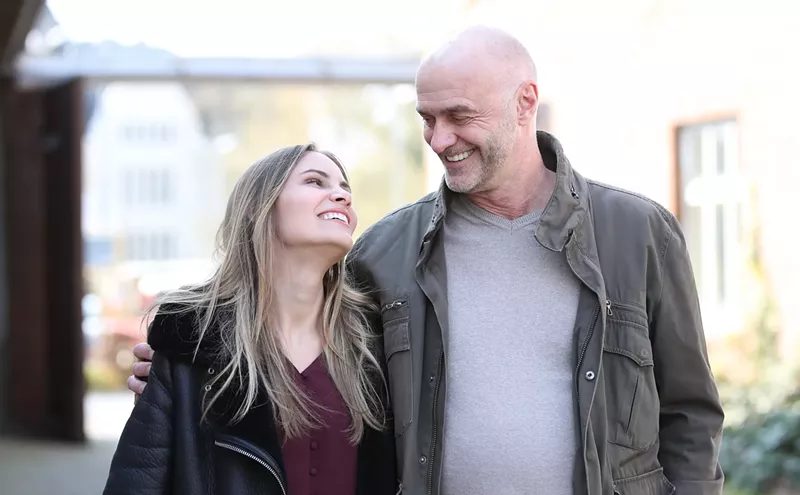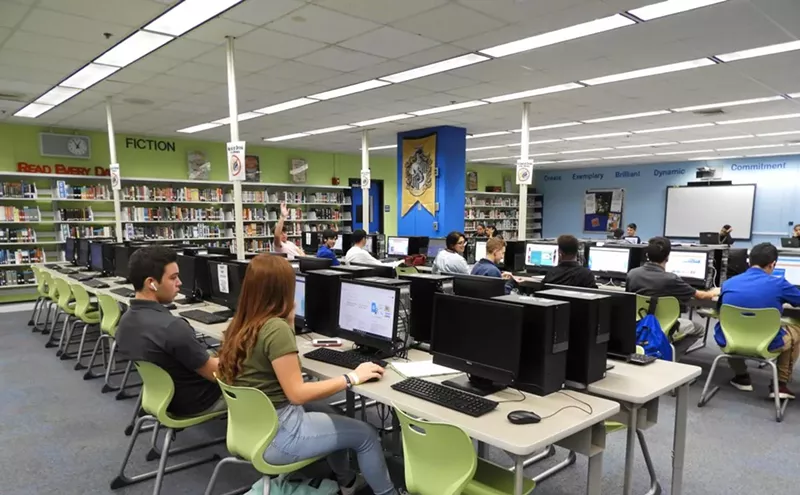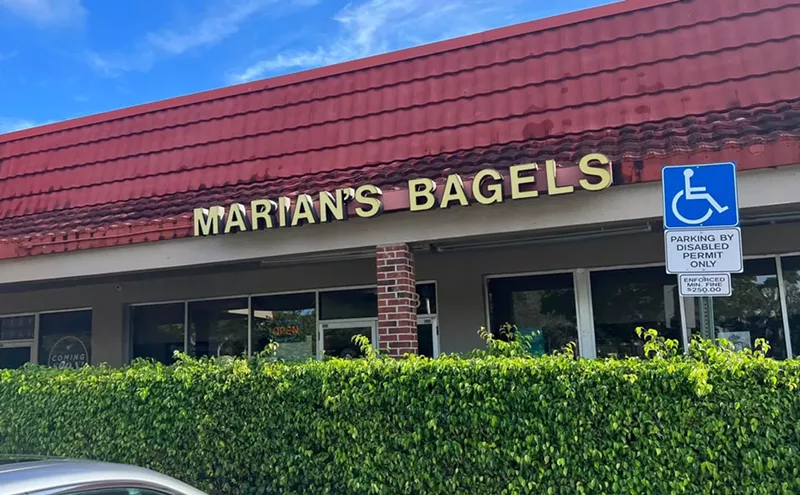Because 2015's When Marnie Was There looks to be Studio Ghibli's final new film for the foreseeable future, it makes sense that the studio would circle back around to its beginnings. Isao Takahata's 1991 Only Yesterday was not Ghibli's first feature, however; it was preceded by Hayao Miyazaki's 1986 Castle in the Sky, Takahata's brutal war drama Grave of the Fireflies and Miyazaki's fluffy merchandising bonanza My Neighbor Totoro (a pairing that Ghibli had the perverse backbone to originally release as a double feature in 1988), and Miyazaki's 1989 Kiki's Delivery Service.
These and many other Ghibli works found domestic distribution in America, usually through Disney. But in spite of being Japan's highest-grossing film in 1991, Only Yesterday remained stubbornly unreleased in the States. It's not hard to see why. Though not the first adult-oriented, non-make-believe Ghibli film, it lacks the war-movie prestige of Fireflies. More pressing, it's about a woman taking stock of her life, and as any American studio executive will tell you, that sort of girly,
We see young Taeko emerge from a curtain behind her older self's back.
tweet this
So bless New York-based film distributor GKIDS for giving Only Yesterday its first domestic release, because it's both an important part of Ghibli's history and a gem in its own right.
Taeko (Miki Imai) is an unmarried 27-year-old Tokyo native in 1982 who travels to the countryside to work for a spell on a safflower farm. Along the way, she begins to reminisce about being 10 years old, living with her parents and two sisters while dealing with the indignities and pleasures (usually in that order of frequency) of school and life. Only Yesterday alternates between the two timelines, sometimes in the middle of dialogue, with 1966 Taeko (Youko Honna) getting as much if not more screen time as 1982 Taeko — who, though not necessarily unhappy with her life, still wonders if she has grown into the kind of person she wanted to be.
The older Taeko is aware of her 10-year-old self as an active presence in her life; she ruminates on the train: "I didn't intend the 10-year-old me to come on this trip. But somehow, once she showed up... she wouldn't leave me alone." We then see young Taeko emerge from a curtain behind her older self's back; she's not a ghost or a figment of older Taeko's
That scene is preceded by one of the most crucial and lovely moments of the film, as 1966 Taeko leaves an after-school baseball game in a hurry to avoid the cute star pitcher Hirota (Yuuki Masuda), who has a crush on her, a situation made worse by the local gossip girls writing Taeko and Hirota's names together on a wall. Hirota emerges from an intersection a few hundred feet in front of Taeko, and both freeze solid for 15 seconds, framed like gunslingers in a Western, the film's soundtrack dropping out: no music, no ambient noise, no sound until we hear Taeko's footsteps as she reluctantly walks toward Hirota, taking another 20 seconds of emotionally fraught screen time.
Taeko and Hirota are nervous beyond measure, and after he can't work up a coherent sentence about the words on the wall, Hirota asks if she prefers rainy, cloudy, or sunny days. When she eventually stammers, "Cloudy," her answer is followed by a quick cut of a ball slamming into a catcher's mitt — Hirota exclaims, "Me too!" A bird begins chittering, and the score comes to
It's in those slices of life, most of them more mundane or painful, where Only Yesterday truly shines. The present-day scenes often have the pastoral reveries common in anime; the socioeconomics of safflower rouge production is explained in some detail, as well as the benefits of organic farming by 1982 Taeko's potential love interest, Toshio (Toshirô Yanagiba).
It's significant that there's no artificial jeopardy or genuine crisis for often-smiling 1982 Taeko; indeed, the official poster shows her grinning broadly while her younger
Only Yesterday
Starring Miki Imai, Toshirô Yanagiba, and Youko Honna. Directed by Isao Takahata. 118 minutes. Rated PG. Opens Friday, March 18, at O Cinema Wynwood, 90 NW 29th St., Miami; 305-571-9970; o-cinema.org.








